Tanner Record
WordPress Plugin Developer
-
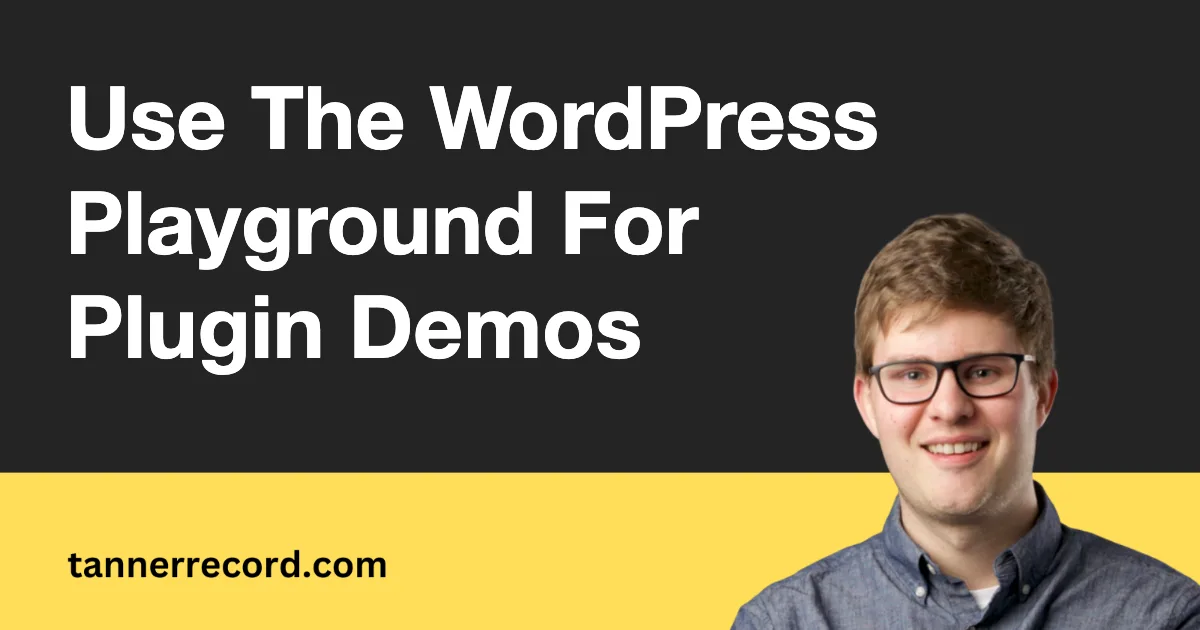
Use The WordPress Playground For Plugin Demos
The WordPress Playground is a new tool that provides a fully functional WordPress environment directly in the browser. It’s built with WebAssembly and can be spun up in a matter…
-
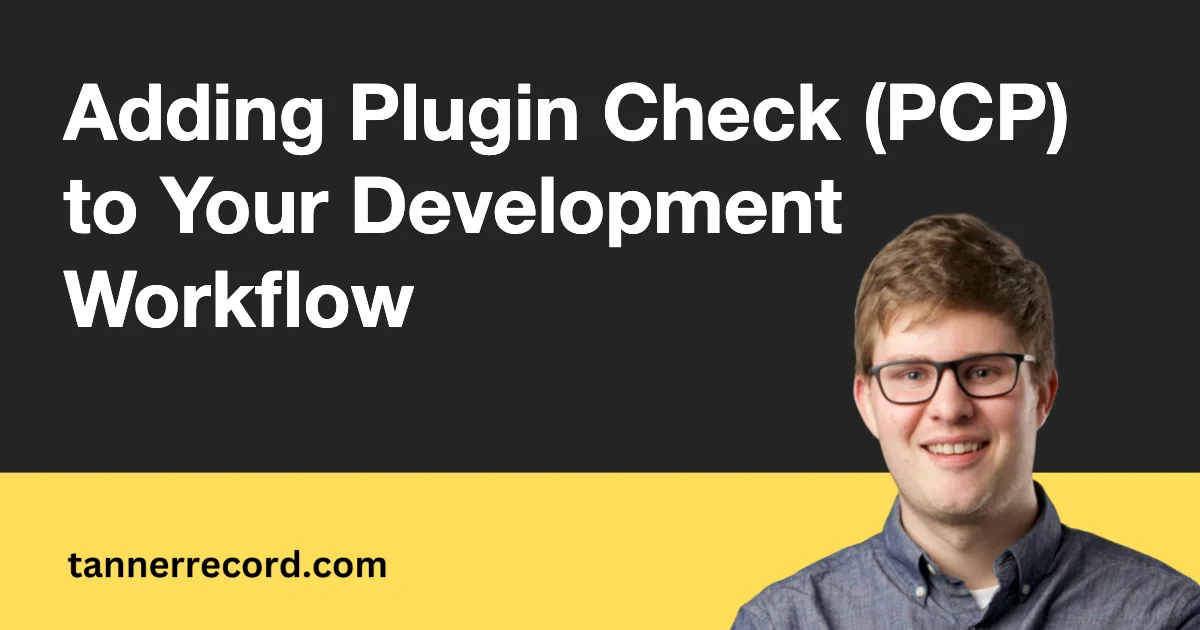
Adding Plugin Check (PCP) to Your Development Workflow
In 2022, there was a post about a WordPress plugin checker that would be a tool for statically scanning plugins to identify if it follows certain guidelines and best practices.…
-
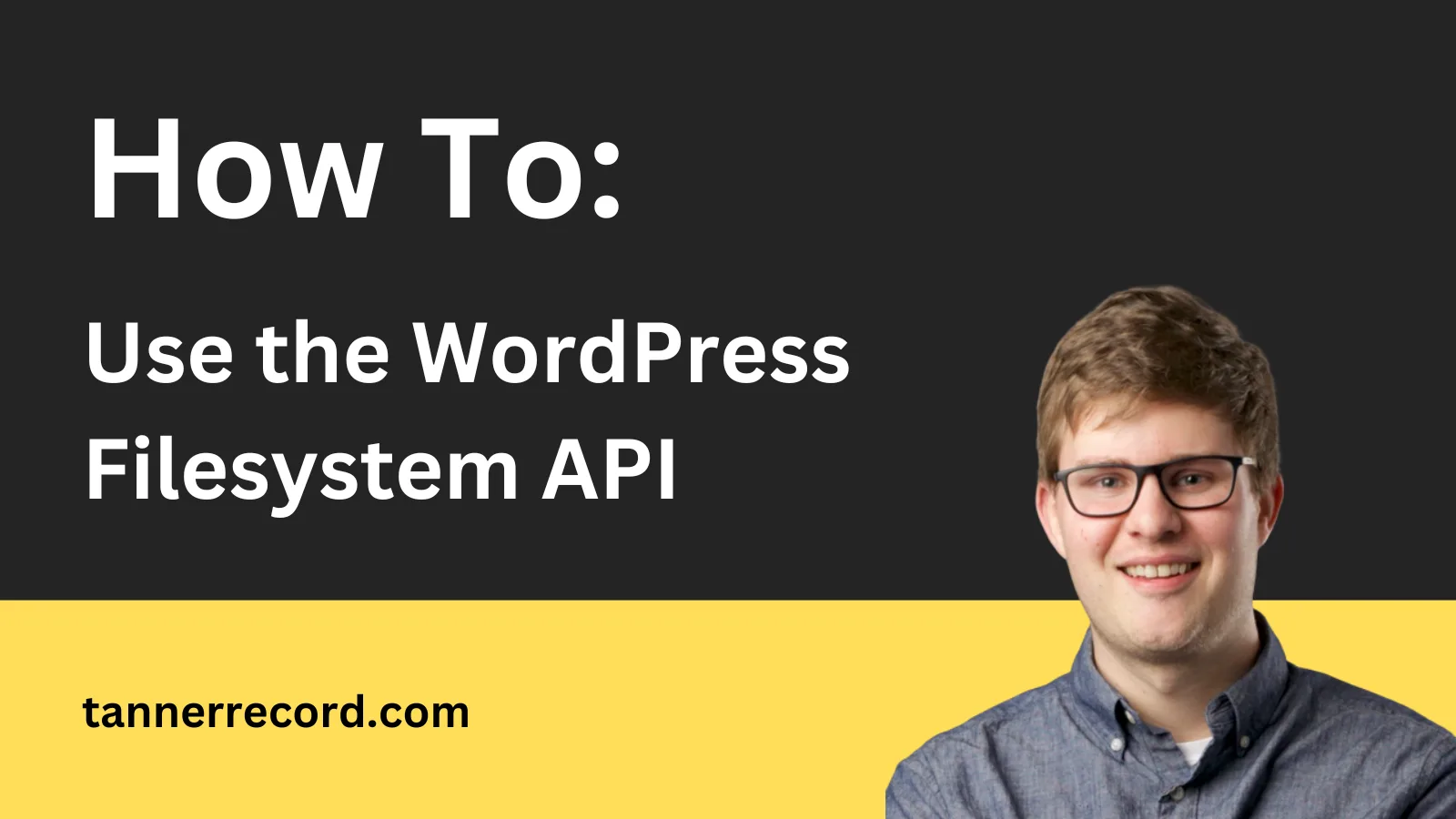
How to: Use the WordPress Filesystem API
When developing a plugin, you may need to make changes to existing files on the server—like customizing the wp-config.php constant definitions or writing a custom config file. Filesystem changes can be a…
-
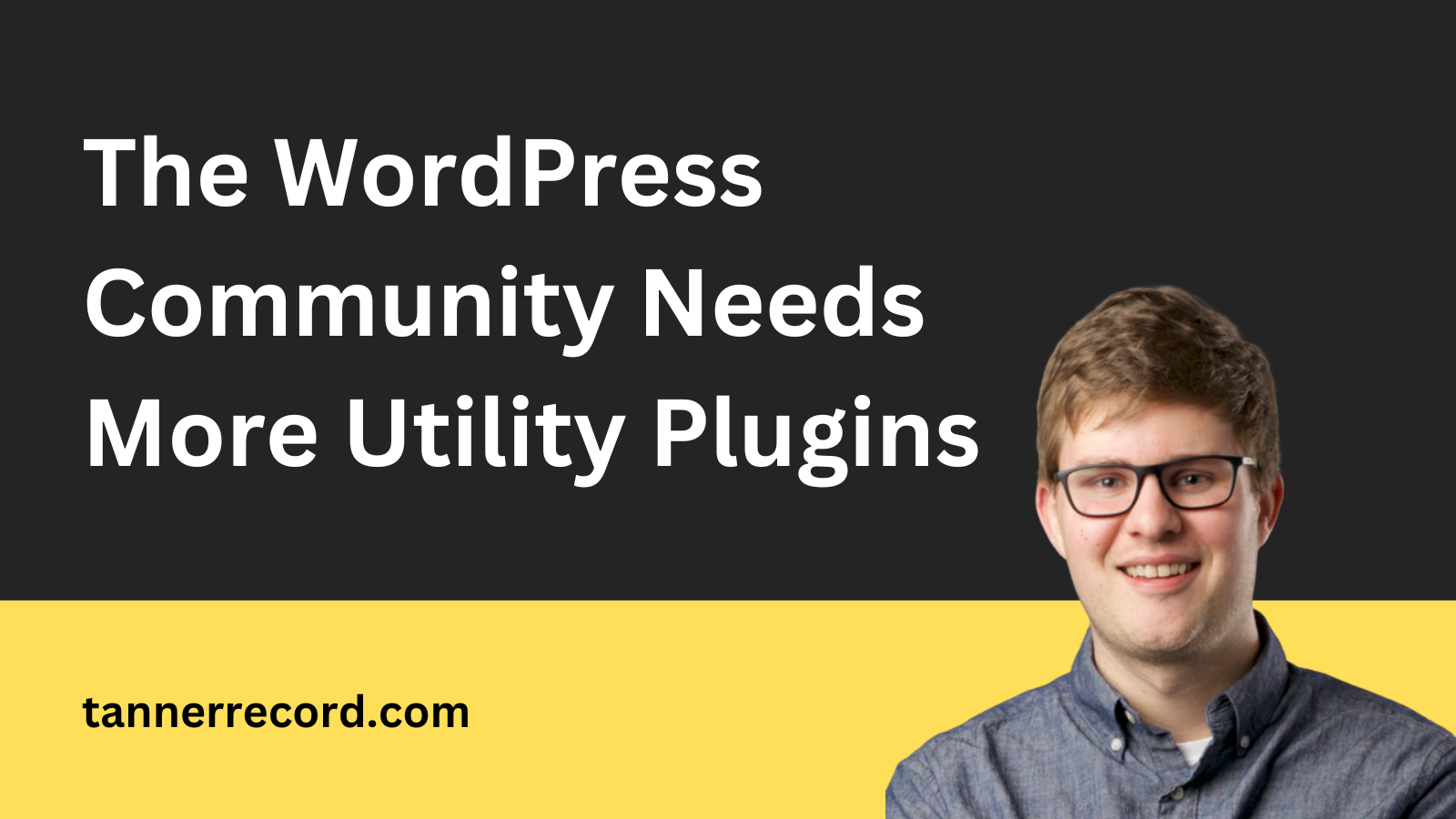
The WordPress Community Needs More Utility Plugins
A utility plugin is anything that modifies functionality in a WordPress site that: Whenever you are working on a client site and need to modify a little functionality, turn it…
-
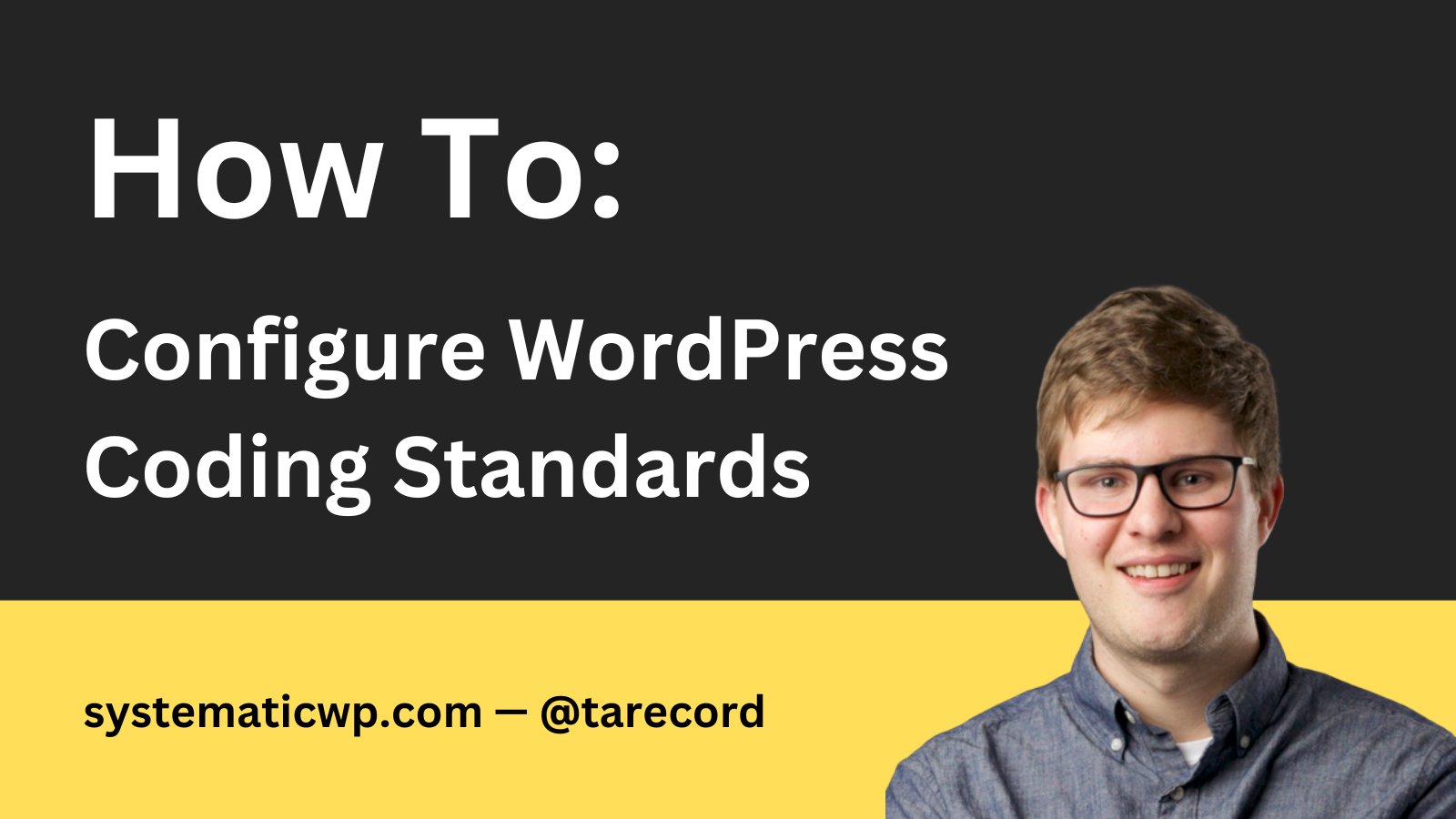
How to: Configure WordPress Coding Standards
This week, I’m going to walk you through setting up a set of coding standards so you can maintain consistency in your WordPress plugin codebase. One of the best ways…
-

Building a Stress-Free Deployment Pipeline
It’s Thursday afternoon and you’re working through your checklist trying to get a new version of the plugin done before you need to head out for a long weekend. Just…
-
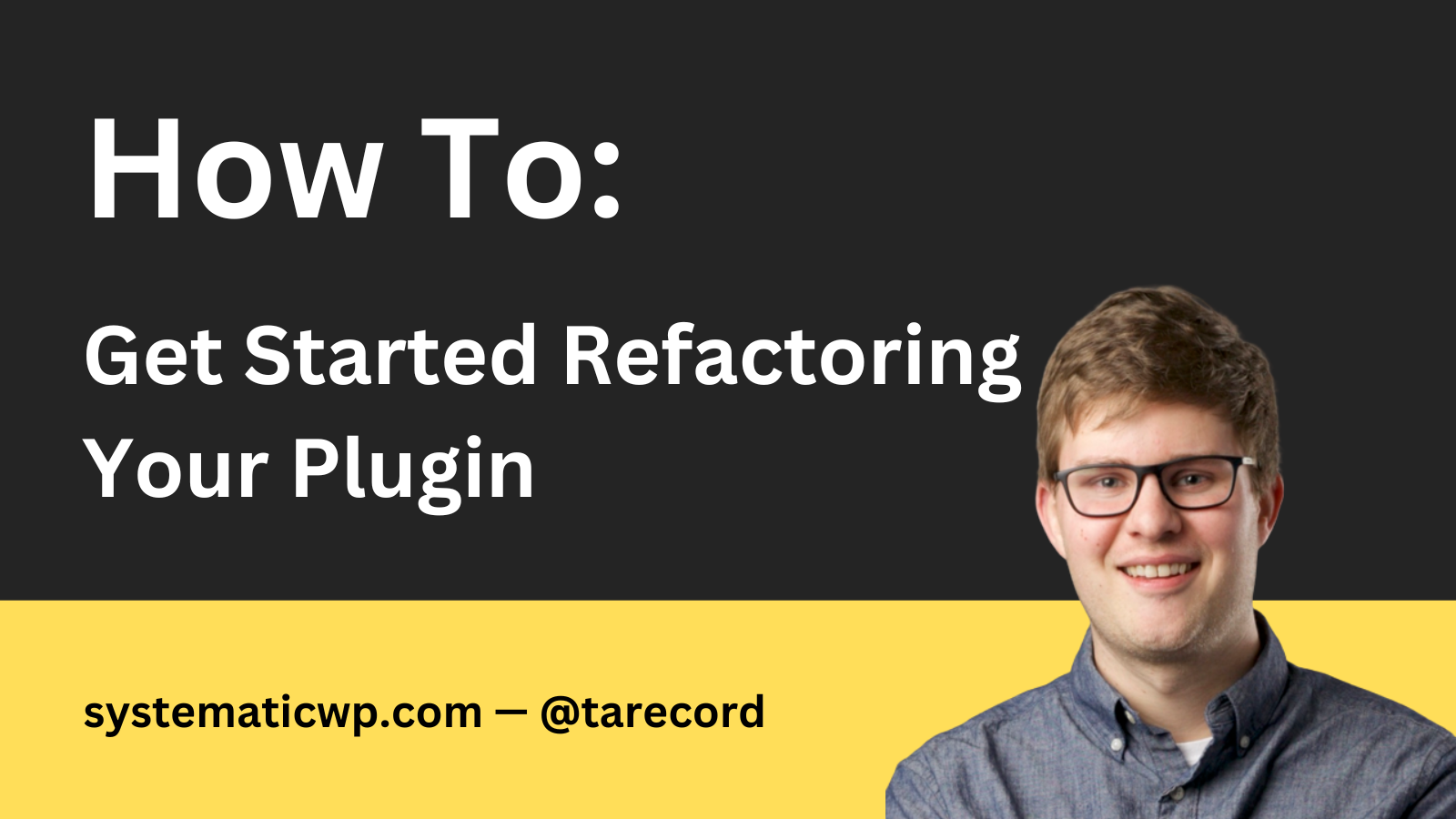
How to: Get Started Refactoring Your Plugin
At some point in creating your plugin, you’ve probably run into situations when you feel like you’re writing dirty or “bad” code. This is totally normal and a part of…
-
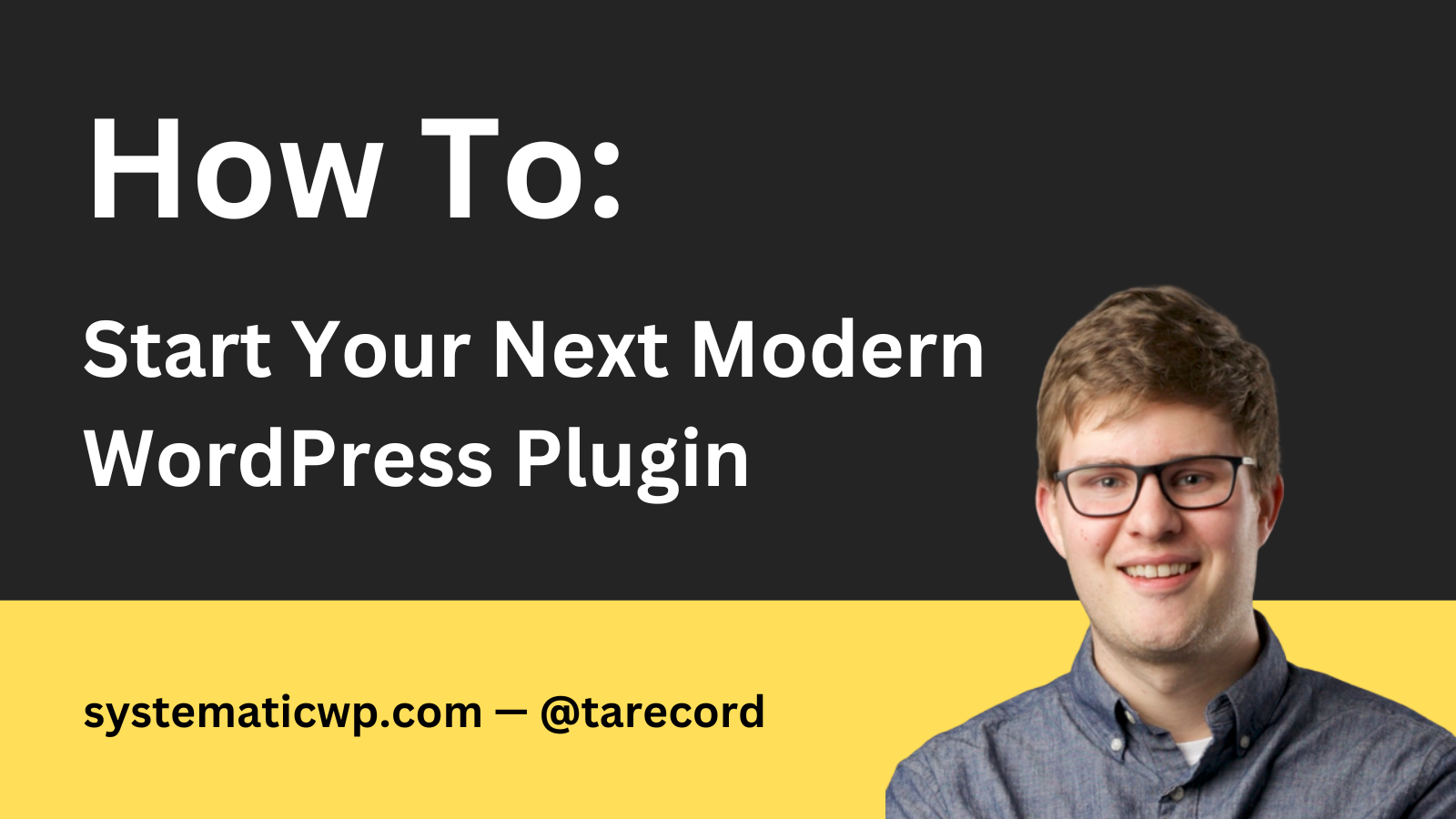
How to Start Your Next Modern WordPress Plugin
In this issue, I’m going to walk through how to structure the main plugin file for a modern WordPress plugin. When I say modern, I mean a plugin that utilizes…
-
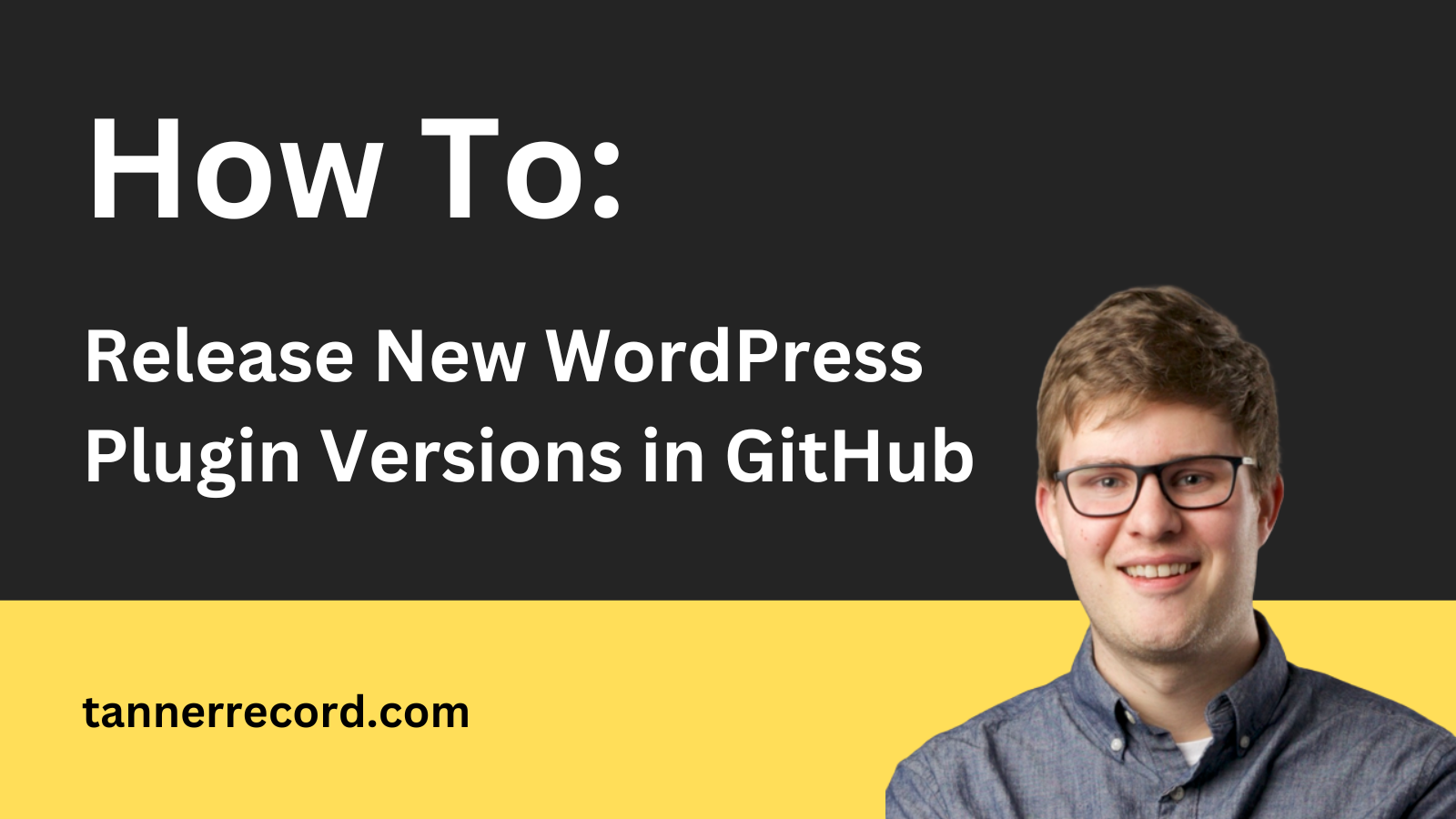
Release New WordPress Plugin Versions in GitHub
At the core of WordPress plugin development and maintenance, whether open source or commercial, is the ability to catalog a list of versions over time. Each entry in this catalog…
-
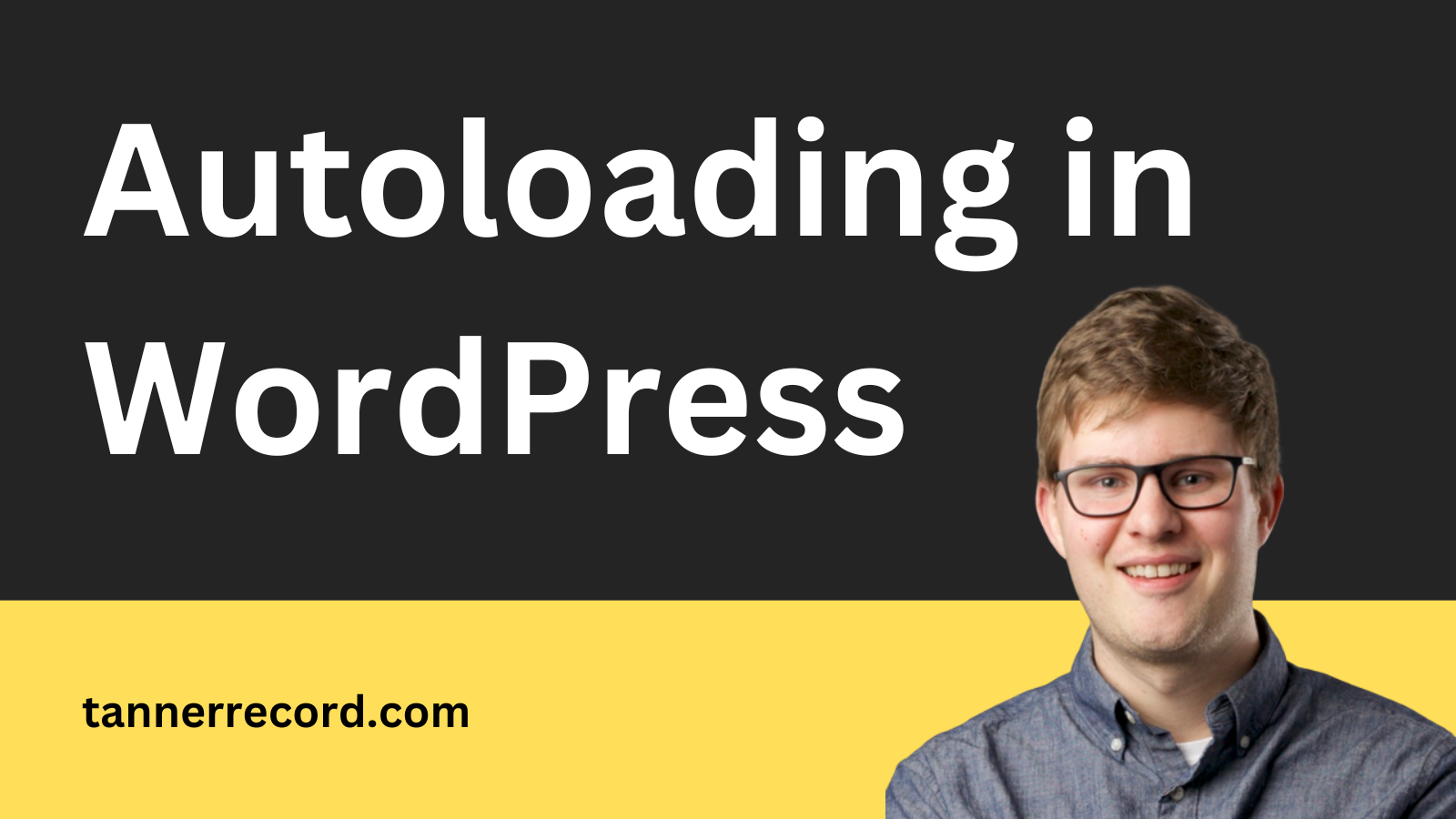
A Primer on Autoloading in WordPress
In this issue, I’m going to walk through a primer about autoloading within WordPress plugins. Especially since it is a concept that will hopefully be included with WordPress soon. When…
